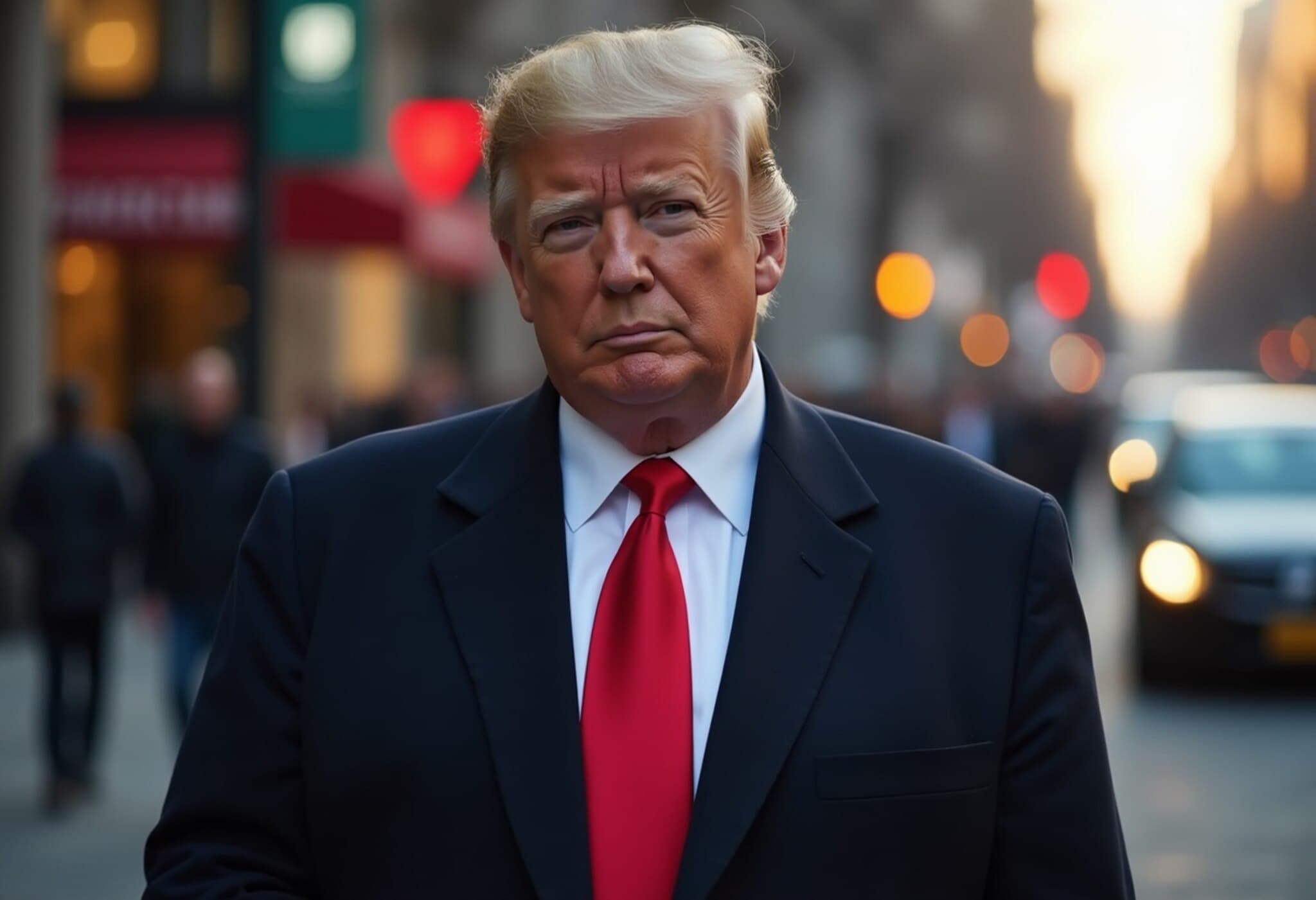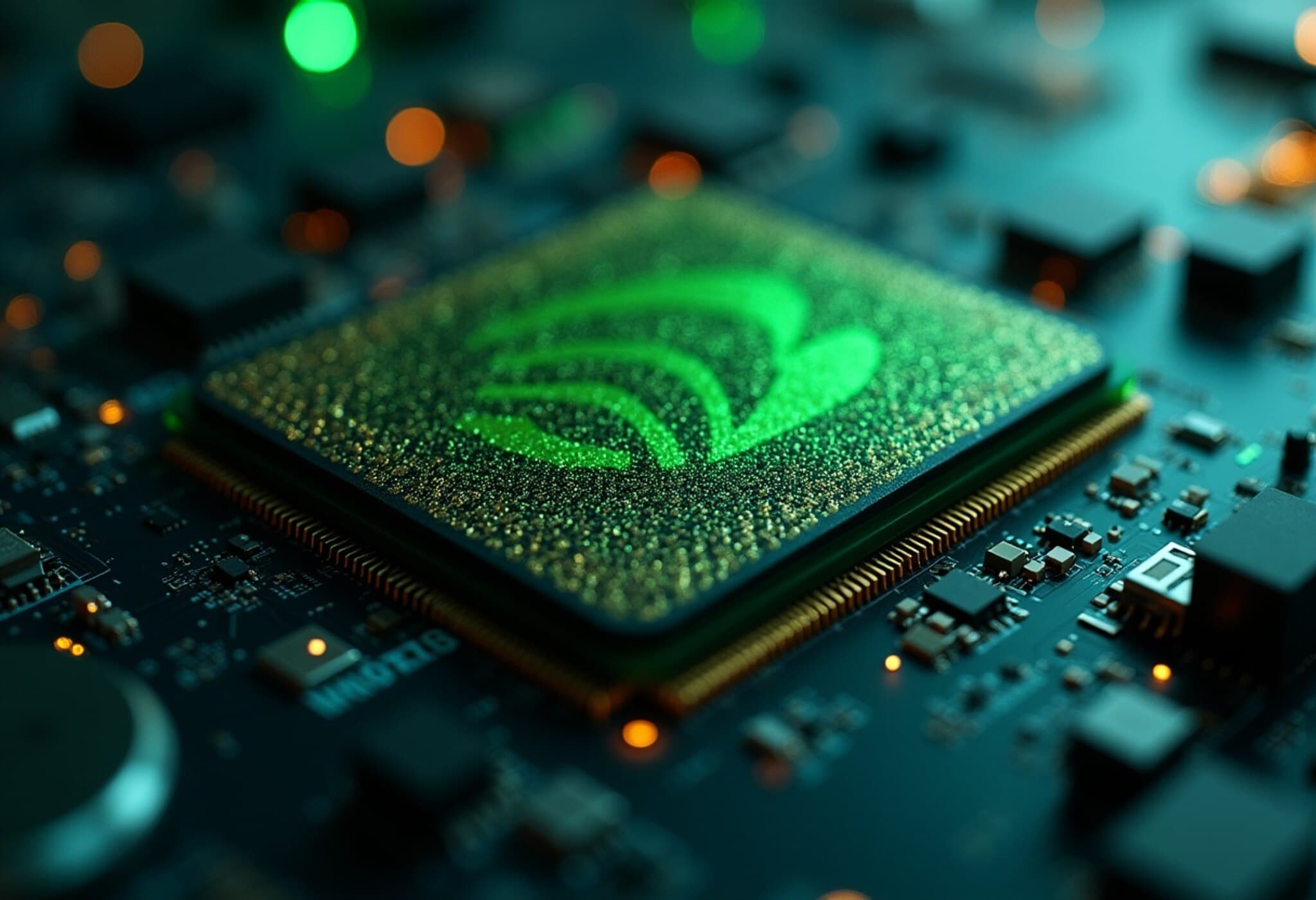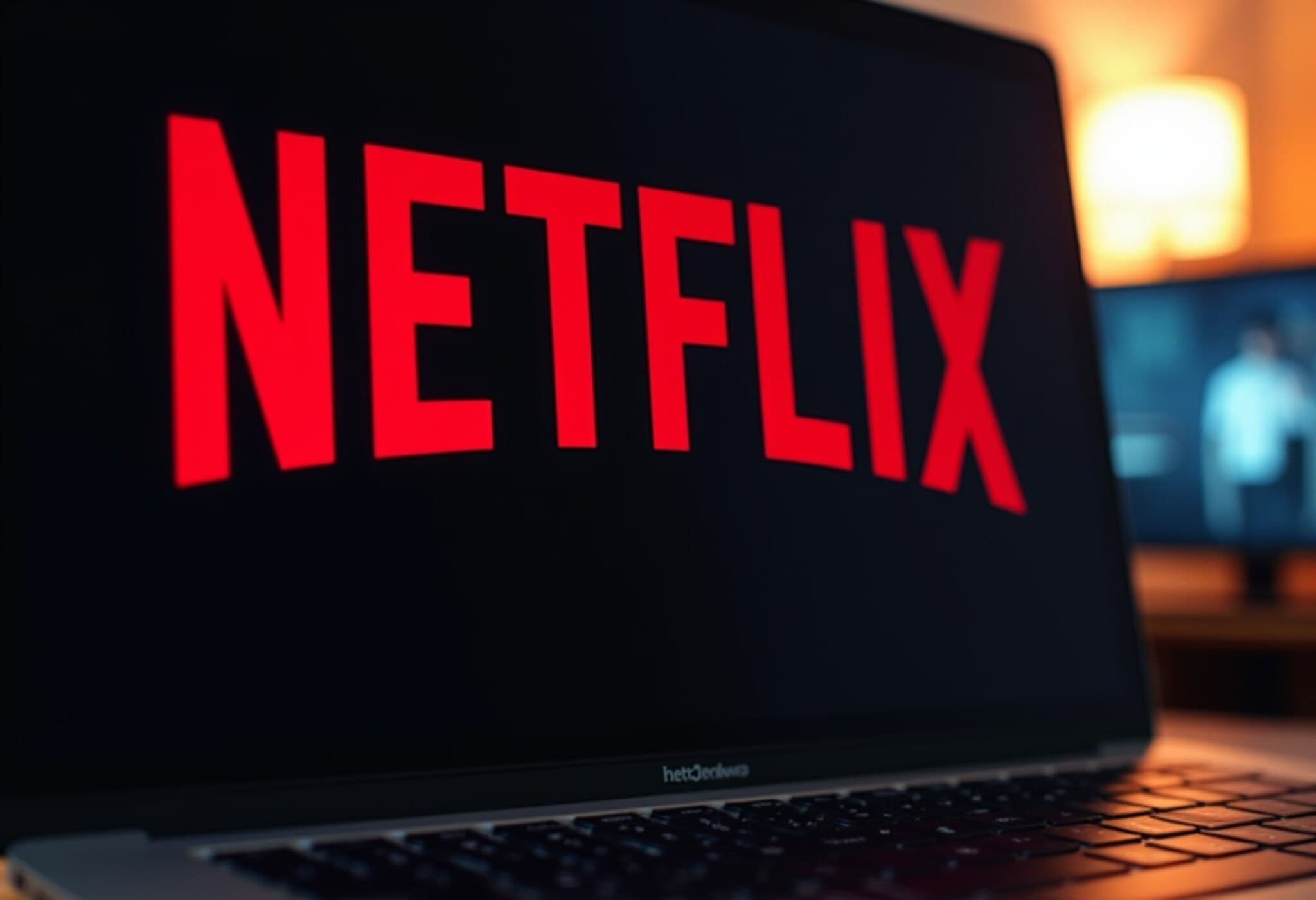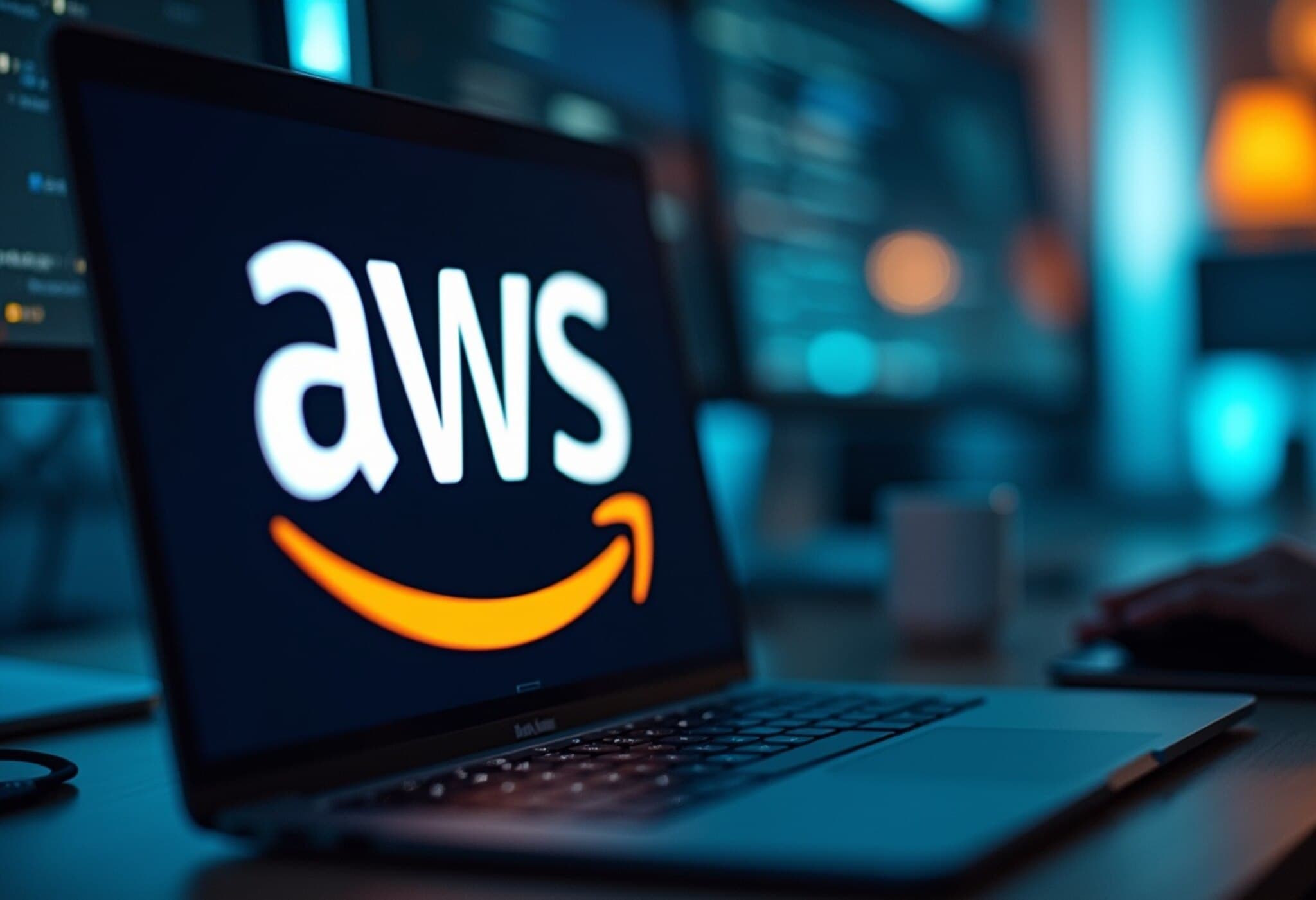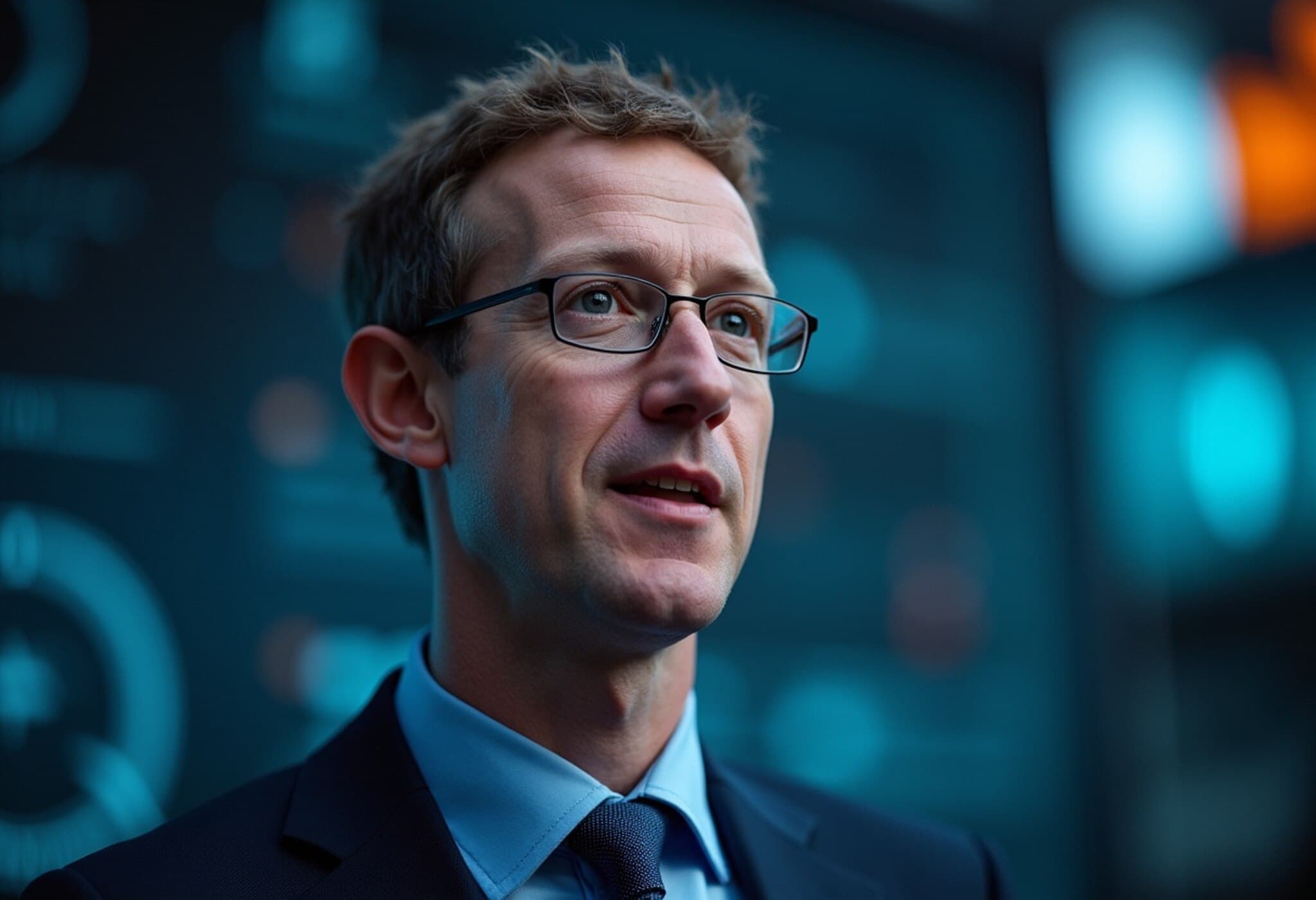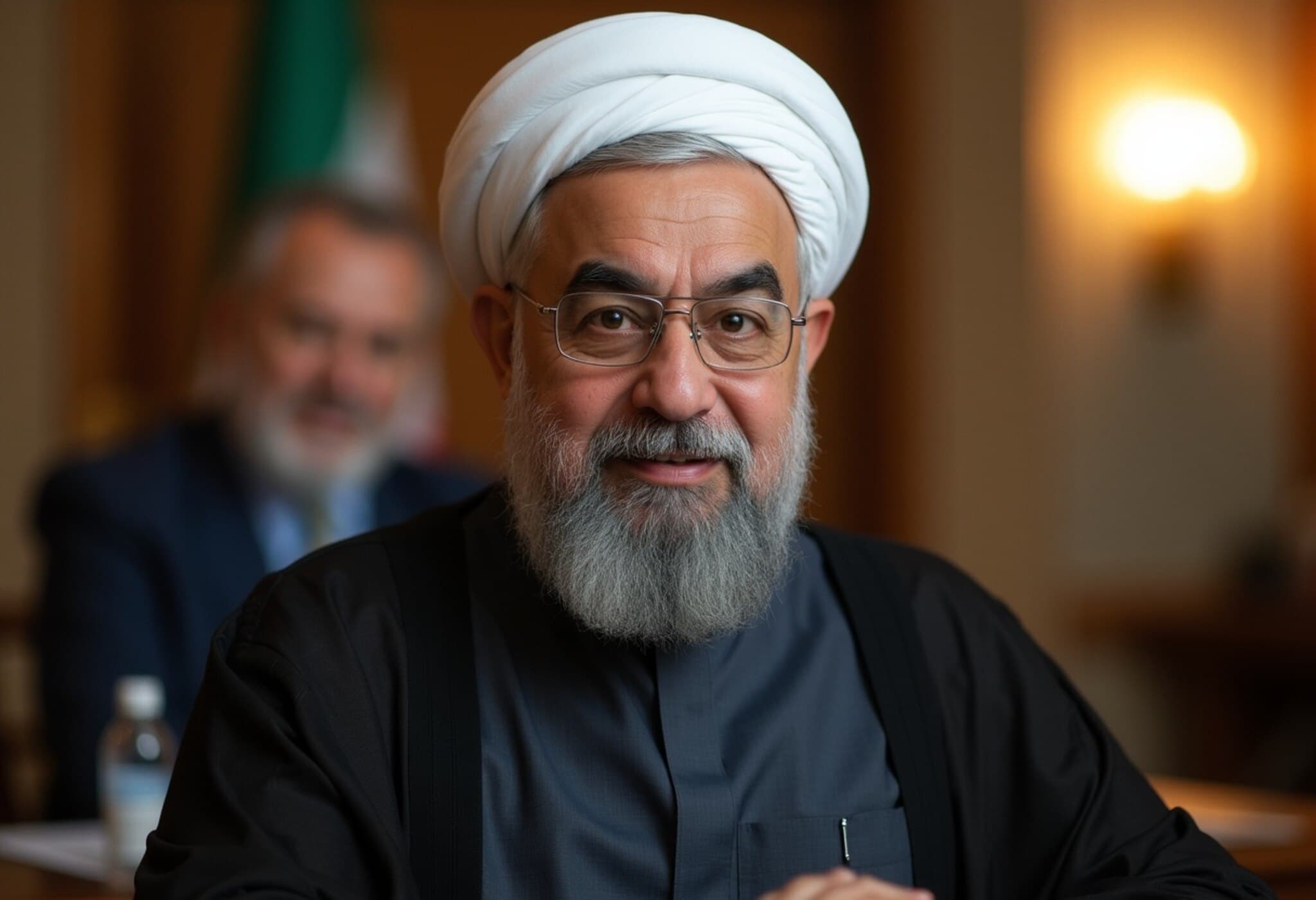Mark Zuckerberg’s Bold AI Investment Push
Mark Zuckerberg, the CEO of Meta Platforms, is ramping up a massive spending spree to secure his company's leadership in artificial intelligence. After investing $14.3 billion in Scale AI last week, Meta is aggressively recruiting top talent to bolster its AI capabilities. The push comes amid mounting pressure to deliver tangible results for shareholders following costly missteps in the swiftly evolving AI landscape.
Meta’s Strategic Talent Acquisitions
Beyond the Scale AI deal, Meta plans to onboard former GitHub CEO Nat Friedman and his business partner Daniel Gross, who previously led the $32 billion AI startup Safe Superintelligence. Previously, Meta pursued acquisitions of both Safe Superintelligence and another AI company valued at $14 billion, although talks ultimately stalled. These moves reflect a larger effort to reconfigure Meta’s AI team with entrepreneurial leaders who can drive innovation.
From Vision to Reality: Scaling AI Across Meta
At a recent investor briefing, Zuckerberg acknowledged the transformational power of AI across Meta’s products and said capital expenditures would rise to between $64 billion and $72 billion this year, largely due to enhanced data center investments. However, what wasn’t explicitly revealed was the extent of Meta’s financial commitment to revamping its AI division, clearly aiming for a significant leap forward.
The Stakes Are High as Meta Builds Its AI 'Dream Team'
Analyst Gil Luria from D.A. Davidson described Zuckerberg as being firmly in "founder mode," determined not to let anything stand in Meta’s way. Luria emphasized that the next phase is critical: “They need to be successful with the next round, with the dream team that they’re building.” Meta is embedding AI deeply into its core advertising platforms and Instagram algorithms, attempting to enhance product efficiency and decrease operational costs through improved AI models.
Challenges on the Model-Building Front
Despite investing heavily, Meta faces criticism over its foundational AI frameworks. Its open-source Llama model family, especially the April-launched Llama 4 update, failed to impress developers. Meta only released two smaller versions, postponing the launch of a much-anticipated larger model dubbed “Behemoth.” According to Luria, this recent update was seen as a setback, making Meta’s transition to AI leadership all the more urgent.
The Race for Top AI Talent
Meta’s marquee recruitment of Scale AI’s CEO, Alexandr Wang, exemplifies the high stakes involved. Wang, a young prodigy and MIT dropout who founded Scale AI at 19, represents a significant asset. Following this, Meta is courting Friedman and Gross, who will work under Wang’s leadership on new AI products. In exchange, Meta will acquire a stake in their venture firm.
While some hires come with multi-billion dollar price tags, others reportedly fetch signing bonuses up to $100 million—a testament to the fierce competition for AI expertise. OpenAI’s CEO recently confirmed that Meta is considered its biggest competitor, with aggressive recruitment tactics aimed at attracting OpenAI talent.
Wall Street Response and Future Outlook
Despite recent volatility, Meta’s stock remains robust, gaining 17% this year and outperforming many tech giants. Analysts remain cautiously optimistic; Argus recently raised their price target to $790 per share, highlighting Meta’s opportunity to monetize generative AI advances in advertising.
Looking back, Luria recalls Zuckerberg’s landmark moves — such as the $1 billion Instagram acquisition in 2012 — as indicators of his willingness to take calculated risks. Analysts believe Zuckerberg’s current AI push echoes that same boldness, signaling a major transformation for Meta.
The Final Word
In the end, Zuckerberg’s relentless drive and deep pockets set the stage for a high-stakes showdown in AI. Success could cement Meta’s future as an AI innovation leader, while failure would risk significant shareholder disappointment. For now, all eyes remain on the company’s evolving AI strategy and the impact of its formidable new “dream team.”



